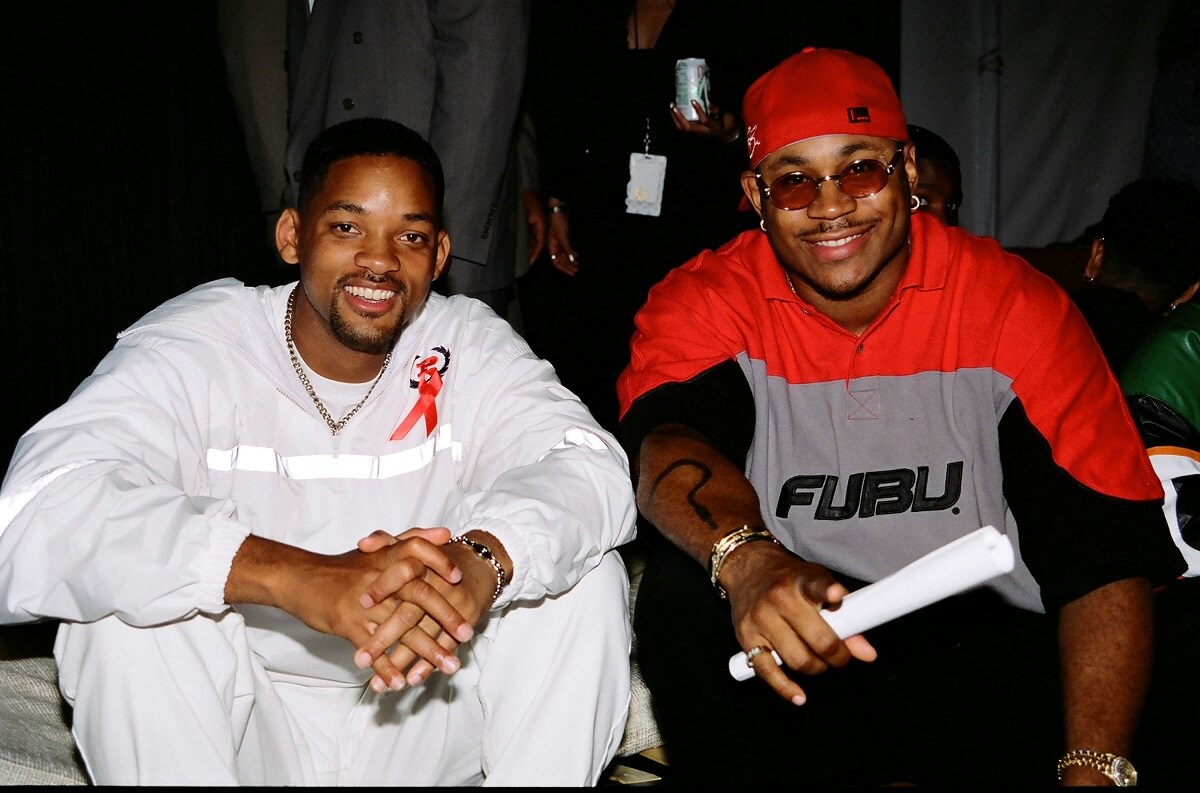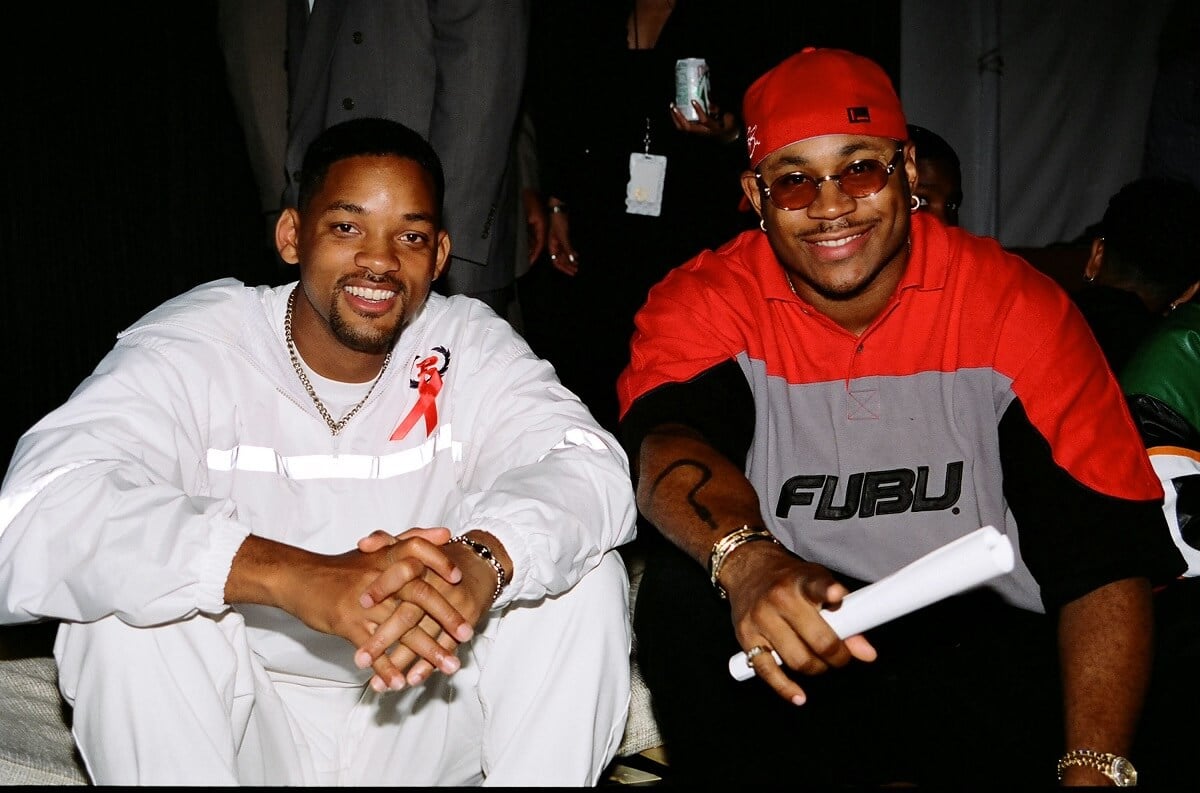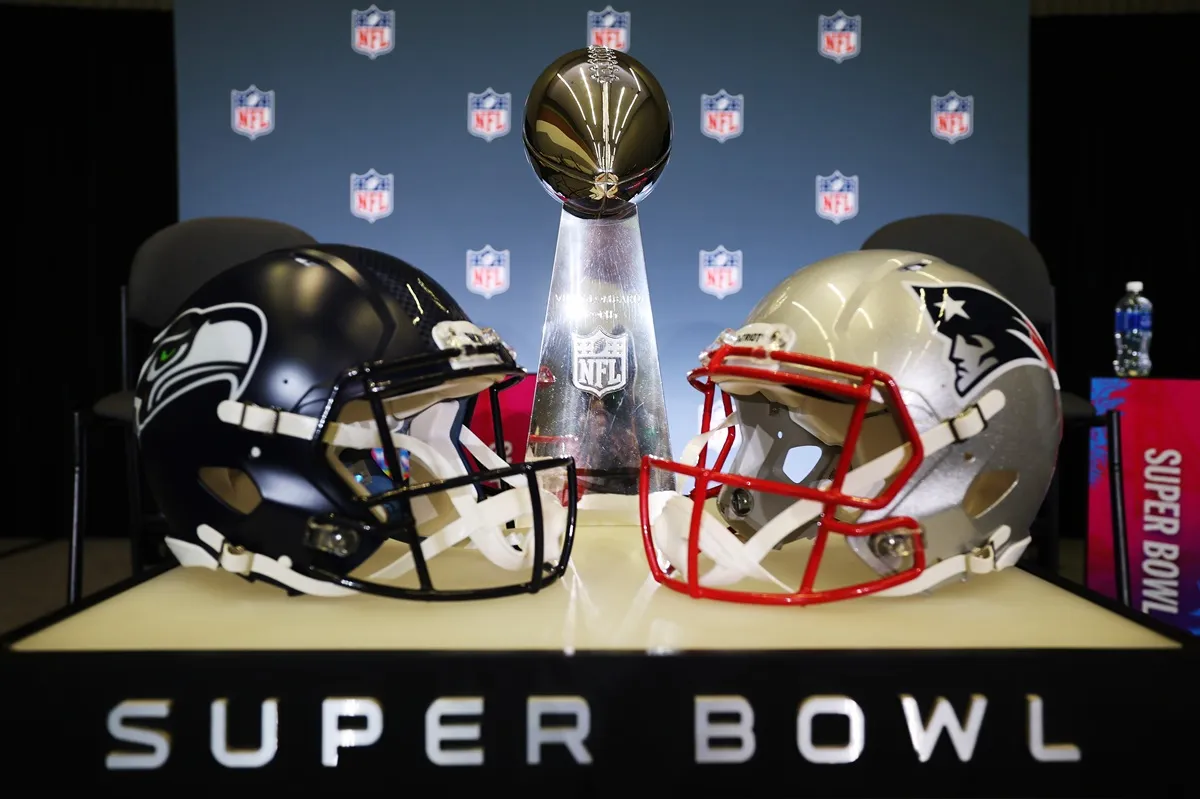
Will Smith Once Told L.L. Cool J What Held His Acting Back
Will Smith is regarded as one of, if not the most successful rapper-turned-actor in cinema. Other artists like Queen Latifah and L.L. Cool J were also willing to carve out an acting career for themselves after already succeeding as rappers.
Having accomplished so much in both forms of entertainment, Smith was willing to offer some sage advice to his peers.
Will Smith told L.L. Cool J what held back his acting

L.L. Cool J and Smith had similar career trajectories during their rise in Hollywood. Smith was the first rapper to make the successful transition over to television with his series The Fresh Prince of Bel-Air. This shift would eventually lead towards Smith becoming one of the biggest movie stars in the world after doing blockbusters like Independence Day.
Cool J also burst into the rap scene in the mid 1980s with his debut record Radio. Around the same, Cool J had minor roles in films like Krush Groove and Wild Cats. In the 90s, Cool J would become more deeply involved in acting by starring in his own sitcom In Your House.
Given his own experience, Smith would often give Cool J advice on what the rapper truly needed to do to succeed and excel as an actor.
“L.L. and I have been talking a lot,” Smith once told MTV News. “And I keep saying, ‘Be James Todd Smith in the movies, don’t be L.L. Cool J in the movies.’ Just a complete separate persona.”
But Smith asserted that at the time it was a concept Cool J might have still been grappling with because of the rapper’s reputation.
“He’s kinda, he’s kinda inching there. He doesn’t want to give up the credibility with the music, cause the music is the first love. But I keep saying, just be a completely different person [in those roles],” Smith said.
L.L. Cool J felt his music credibility would be safe after becoming an actor
L.L. Cool J didn’t think his credibility as a rapper was in jeopardy after making the transition over to film. The veteran emcee theorized that true fans of hip hop, who’d followed his career, would understand Cool J’s perspective.
“A person who just listens to rap records might think, ‘Oh, LL’s doing a TV show, and he’s going to lose his street credibility,’” Cool J once told the LA Times. “But a person who is part of the hip hop culture would say, ‘Oh LL’s hustling; he’s expanding; he’s moving on even more, and that’s good.’ It’s the difference between a critic listening to a rap record and [a person who is] understanding and living hip hop culture.”
The concern for Cool J’s credibility wasn’t completely unfounded, however. During Smith’s stint on Fresh Prince of Bel-Air, one of the show’s creators Susan Borowitz noticed rappers getting upset with the sitcom star. If only because they thought Smith’s show was having a negative impact on hip hop culture.
“By the time we moved back [to the East Coast], we’d hear white kids on the playground using these words we wrote into scripts, and it cracked us up — these wealthy Westchester white kids using ‘Yo, dawg,’” Borowitz once told Time. “A lot of the language crossed over into white suburban culture. Some rappers were very angry Will had done this. They felt he had watered down their culture for this white middle-class audience.”
Why L.L. Cool J feels he was able to become a successful actor
Cool J ended up making as much of a mark in the world of acting as he did in music. He’d appeared in many notable movies such as S.W.A.T. and Halloween H20. In 2009, he’d earned the lead role in the popular series NCIS: Los Angeles, which he’d enjoy for 14 years. For Cool J, the source for his success as an actor simply came down to commitment and passion.
“I wanted to take [acting roles] seriously and not just be a celebrity stunt casting. I don’t want [people to think] they hired a rapper who can put butts in the seats. That is part of it, but that’s the same reason that they pay the actors. I want to be able to deliver in whatever I do,” Cool J once said in a separate LA Times interview.


